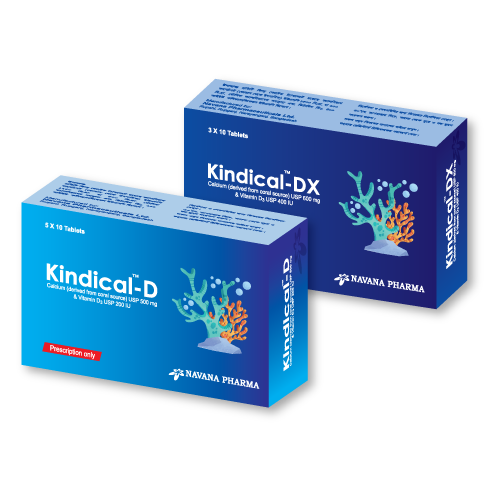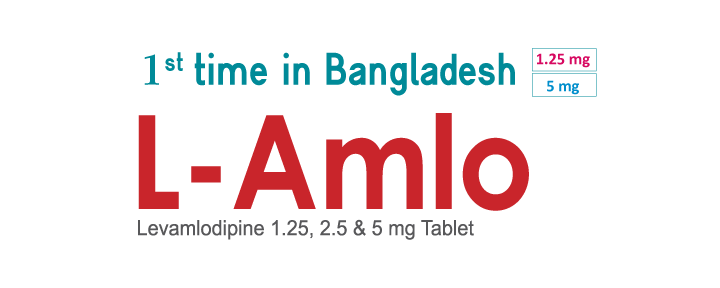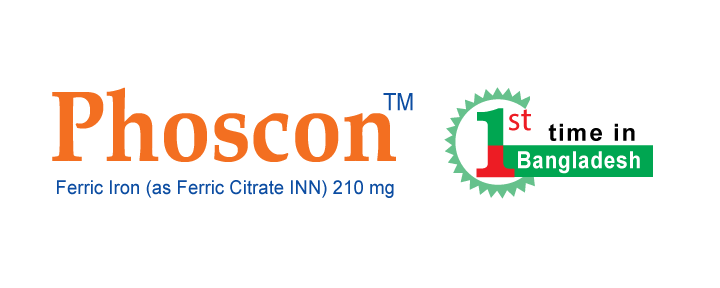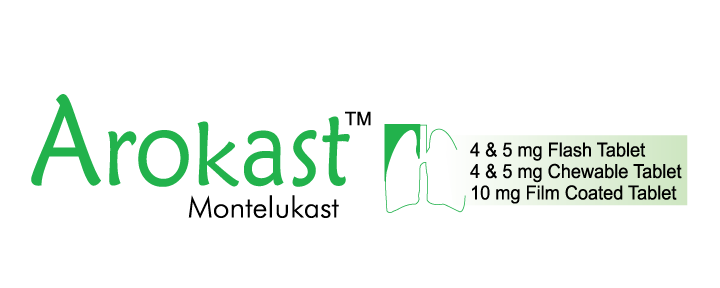Human Health Division (HHD) Products
Product List by Brand Name
Kcit
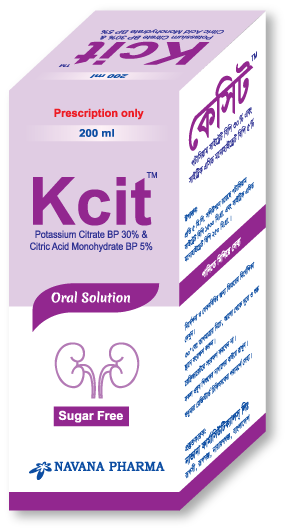
Kcit
Composition
Kcit™ 200 ml Oral Solution:
Each 5 ml contains:
- Potassium Citrate BP 1500 mg
- Citric Acid Monohydrate BP 250 mg
Pharmacology
Kcit Oral Solution is a stable and pleasant-tasting systemic alkalizer. Potassium Citrate is metabolized into Potassium Bicarbonate, which acts as a systemic alkalizer. It alkalinizes the urine without inducing systemic alkalosis when taken as recommended. Potassium Citrate does not neutralize gastric juice or disrupt digestion.
Indications
Kcit is indicated for:
- Relieving discomfort in urinary tract infections
- Preventing kidney stones
- Use with uricosuric agents to prevent gout
- Treating acidosis caused by kidney diseases
Dosage & Administration
- Adults: 10 ml three times daily, diluted with water
- Or as directed by the physician
Contraindications
Kcit is contraindicated in patients with:
- Severe renal impairment with oliguria or azotemia
- Untreated Addison’s disease
- Acute dehydration
- Severe myocardial damage
- Hyperkalemia of any cause
Warnings & Precautions
- Use with caution in patients with low urinary output.
- Always dilute with water to minimize gastrointestinal irritation.
- Preferably take doses after meals.
- Large doses may cause hyperkalemia or alkalosis, particularly in patients with renal impairment.
Side Effects
Kcit is generally well tolerated at recommended doses in individuals with normal renal function. However, caution is required to prevent hyperkalemia or alkalosis, especially in patients with compromised renal function. Symptoms of potassium intoxication include:
- Weakness
- Mental confusion
- Tingling in extremities
Use in Pregnancy & Lactation
There is no adequate data on the use of this product during pregnancy or lactation.
Use in Children & Adolescents
The safety and efficacy of Kcit in children and adolescents have not been established.
Drug Interactions
- Concurrent use with potassium-containing medications, potassium-sparing diuretics, ACE inhibitors, or cardiac glycosides may lead to toxicity.
Overdose
Excessive potassium intake may result in hyperkalemia, especially in patients with impaired potassium excretion. Immediate treatment includes:
- Discontinuation of potassium-containing foods and medications.
- IV administration of dextrose (10–25%) with insulin.
- Use of exchange resins, hemodialysis, or peritoneal dialysis, as needed.
Storage
- Store below 30°C, protected from light, and in a dry place.
- Keep out of reach of children.
Packing
Kcit™ 200 ml Oral Solution:
- Each box contains a 200 ml PET bottle with a 20 ml measuring cup and an insert.
Kindical
